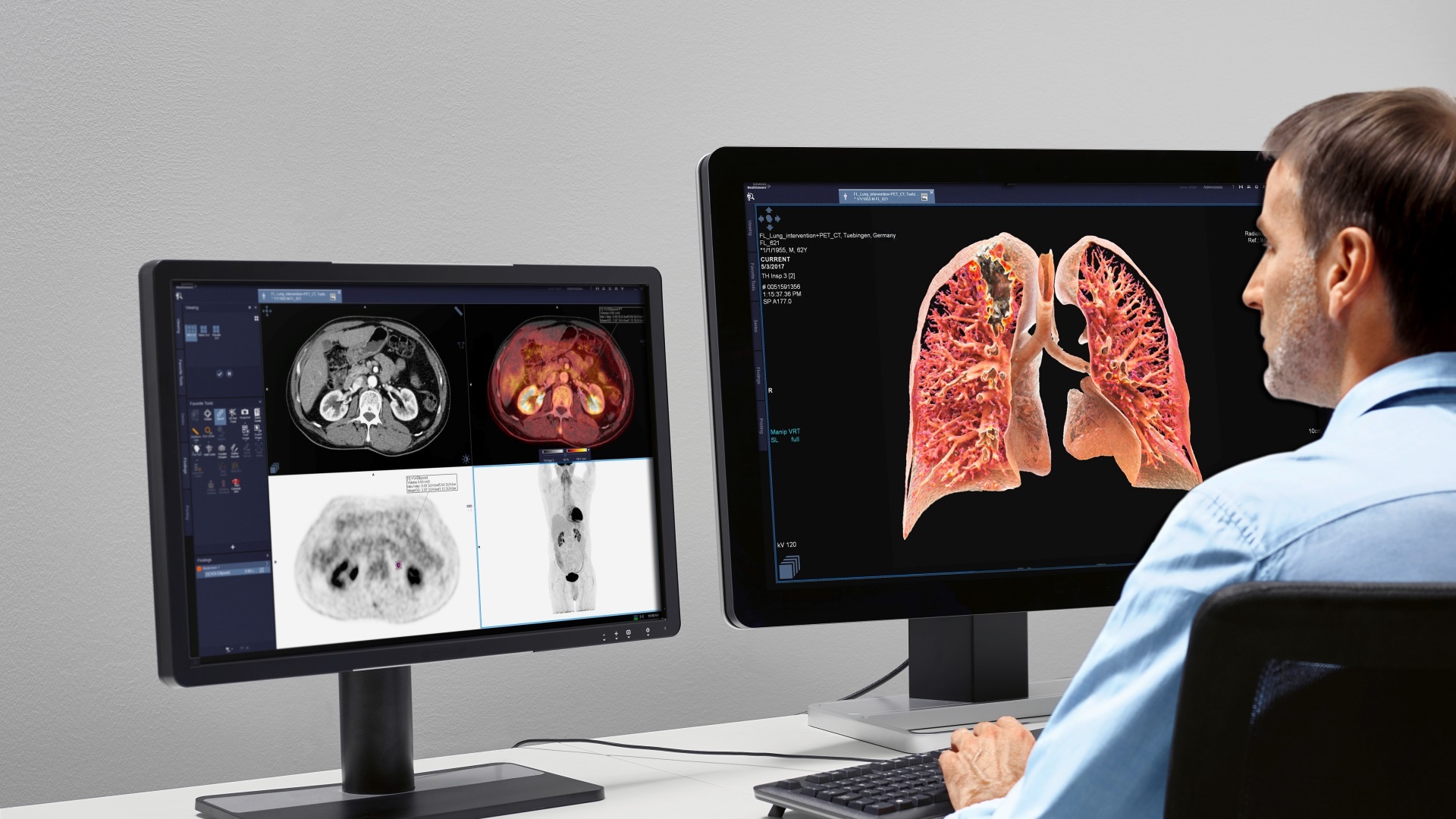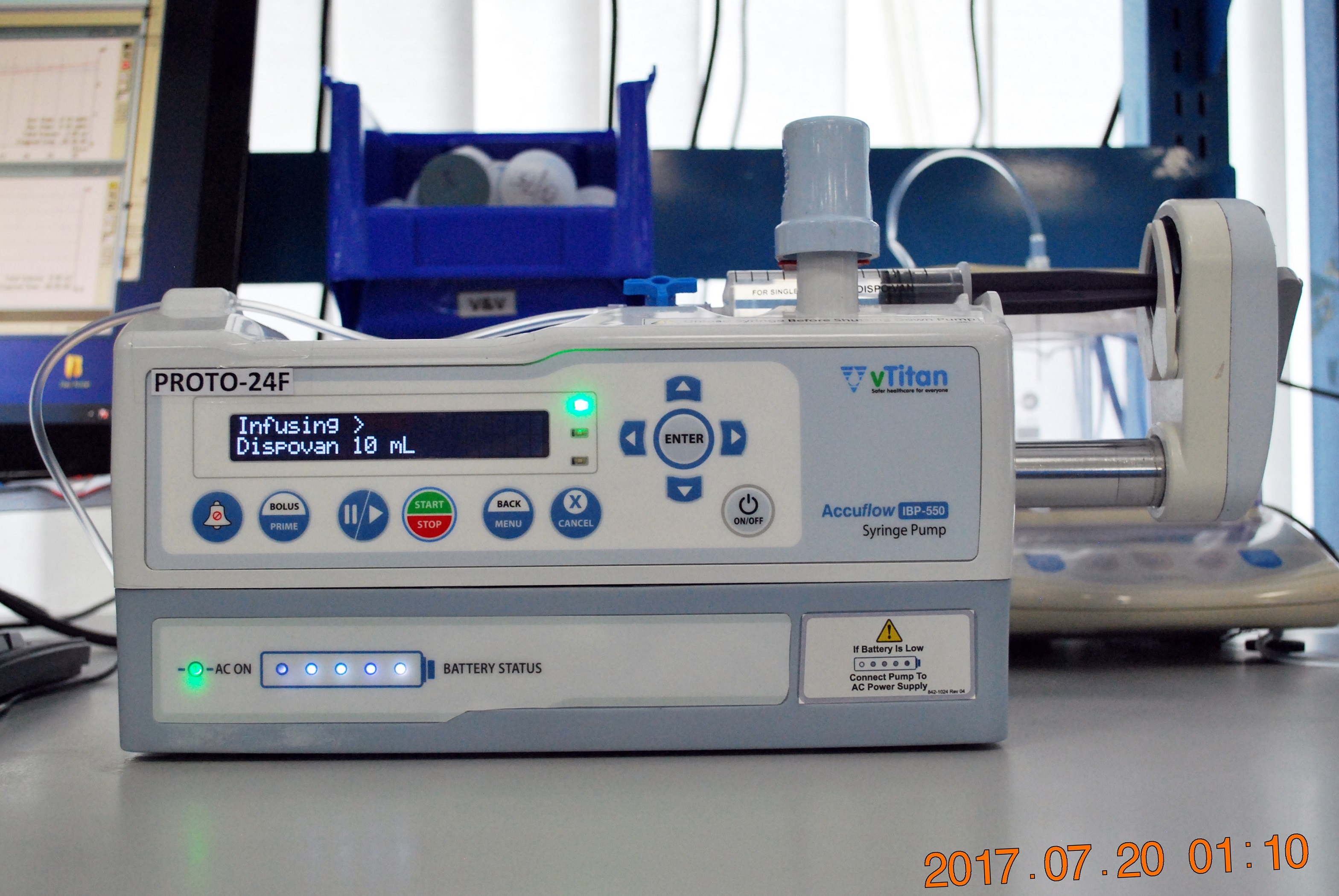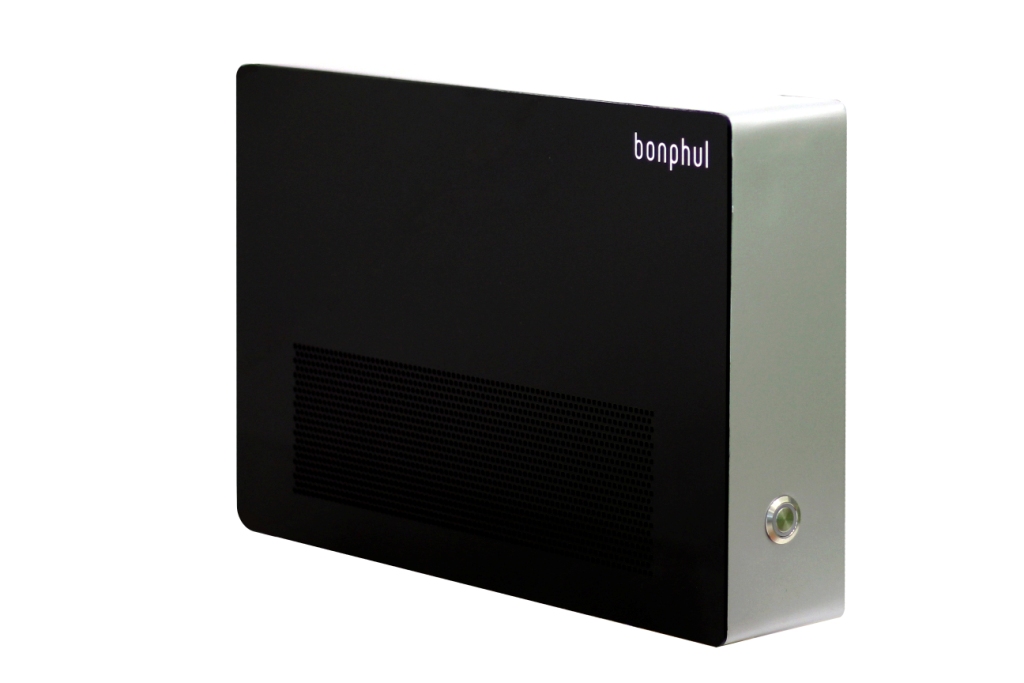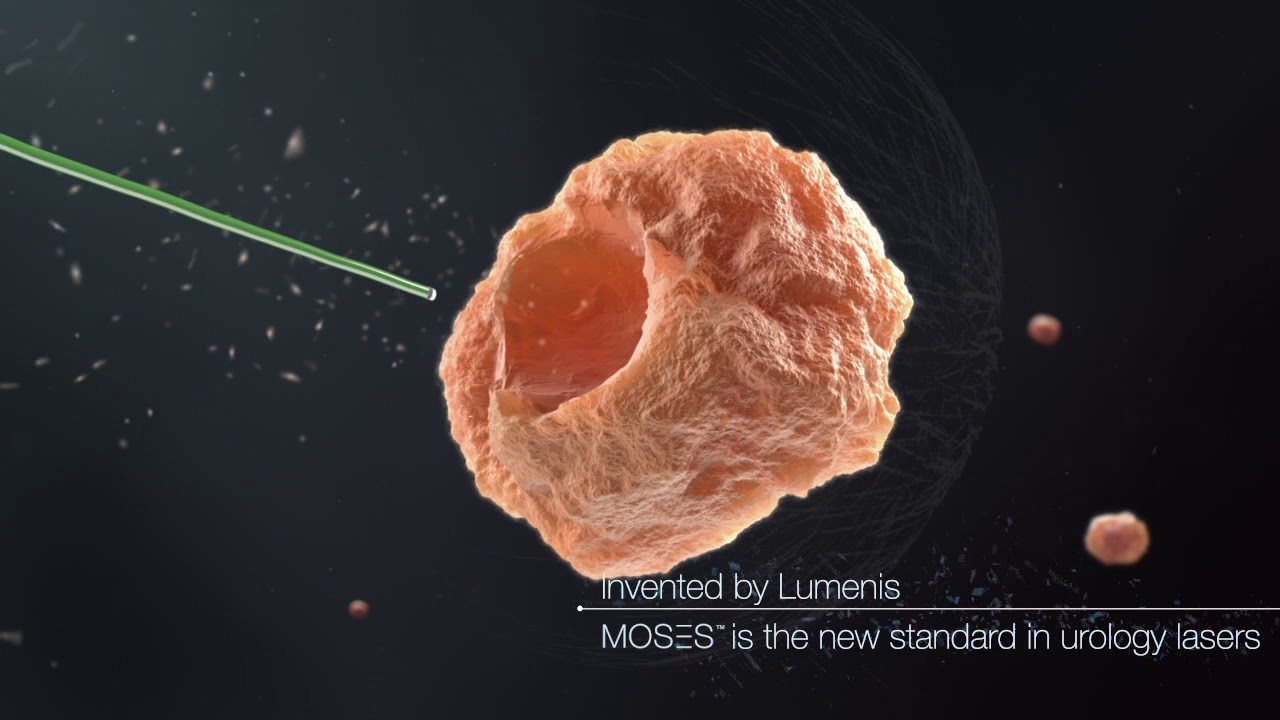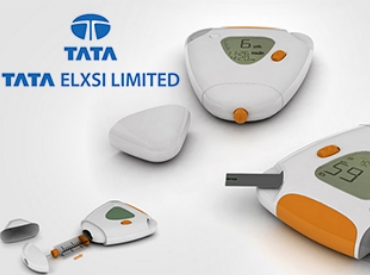The increasing requirements for medical imaging such as X-rays, scans and mammograms for an aging baby boom population may be the rationale for Hewlett-Packard’s renewal of its HP Medical Archiving Solution (MAS) with a more affordable compact version in its new MAS 3.0 edition. “MAS has had limited visibility in the market place and now my expectation is that they are going to increase their awareness and step on the gas from a product refresh standpoint,” stated Brian Babineau, a senior analyst at the Enterprise Strategy Group. MAS is designed to help healthcare clinics and institutions manage and retain medical images, documents and lab reports that are securely indexed, preserved and accessible. The new product combines factory-integrated HP disk storage and servers with indexing, policy management and search software to deliver “high availability, scalability, mirroring and high performance response time,” stated Thomas Rose, director of worldwide product marketing, HP Information Management. MAS is essentially the storage and archiving technology that is designed to work with applications developed by third parties in both the generation of medical imaging and image layer management products, he continued. HP ‘s compact $60,000 (U.S.) product has been dubbed “MAS for the Masses.” The new compact edition is designed for customers that do not require SAN or tape integration. Furthermore, additional enhancements have been made to the standard enterprise edition in MAS 3.0. — the later sells for a little $100,000. Among the features listed by HP in MAS 3.0 is a high availability gateway that provides “always-on” grid access to medical images, documents and lab reports, even in the event of multiple site failures. Also, multiple tiers of storage within the MAS grid, including SAN, SCSI, SATA and tape resources, can be created to align the significance of a medical image with the appropriate retention policy. Sales of MAS are largely channel driven, particularly by resellers that have expertise with healthcare technology. “A system integrator can help the customer understand what kind of image they have, what the value is and then with policy changes restore those different grades or different tiers, all managed by a medical archives solution,” stated Rose. Medical professionals are experiencing an explosion of medical images that are currently sitting “for the most part,” he explained on “expensive tier one storage arrays” where the patient information is generally not indexed or easily searchable, he explained. Other factors Rose listed that are spurring interest in new medical archiving solutions are governmental regulatory requirements for the storage of patient healthcare information and an expansion in the sharing of diagnostic images among the different hospitals and medical clinics, he continued. In the past nine months HP has announced a series of archiving solutions, including the vertical market specific MAS 3.0. “This is part of HP software’s commitment to help customers get more out of their information [through] business information optimization,” added Rose. Meanwhile, Babineau observed that HP is “reinvigorating” its entire archiving business, under its software division. “I would say that they have had archiving solutions for a while but it hasn’t been the focus of the company. But now it is at the forefront.”

Be a part of Elets Collaborative Initiatives. Join Us for Upcoming Events and explore business opportunities. Like us on Facebook , connect with us on LinkedIn and follow us on Twitter , Instagram.




